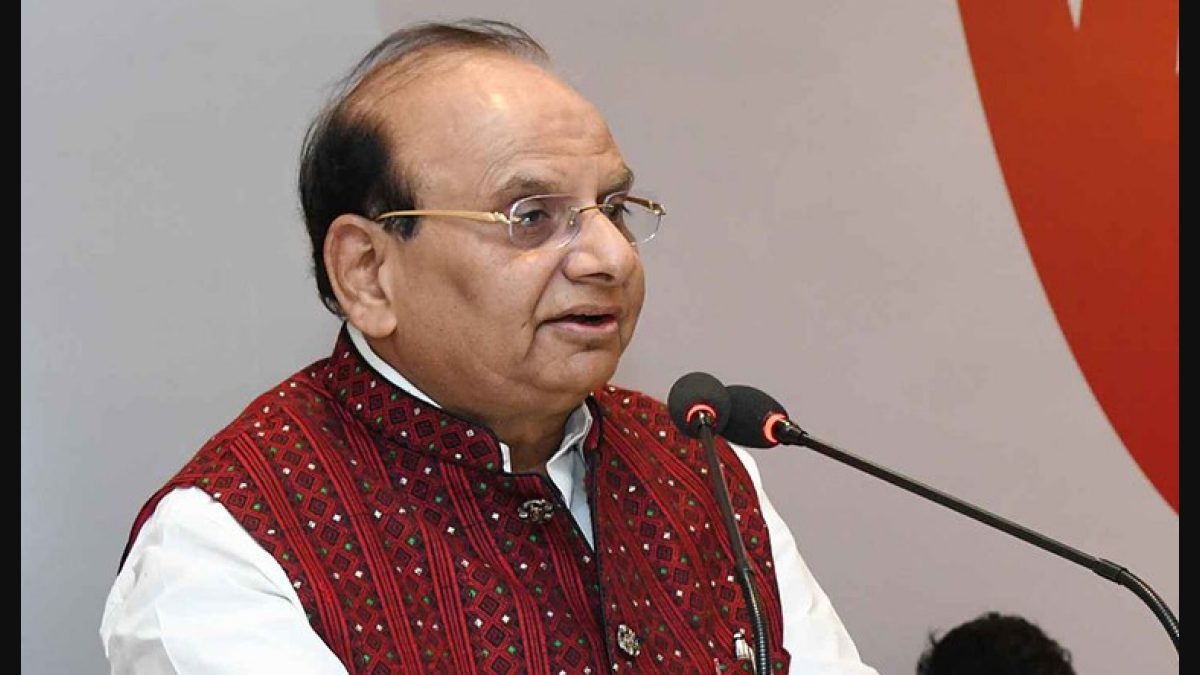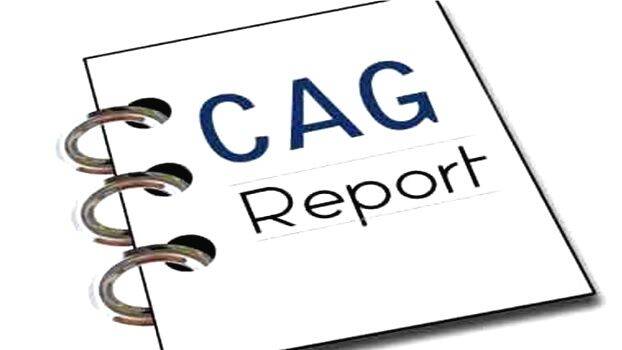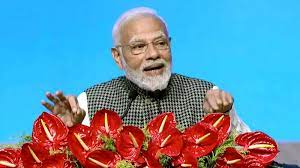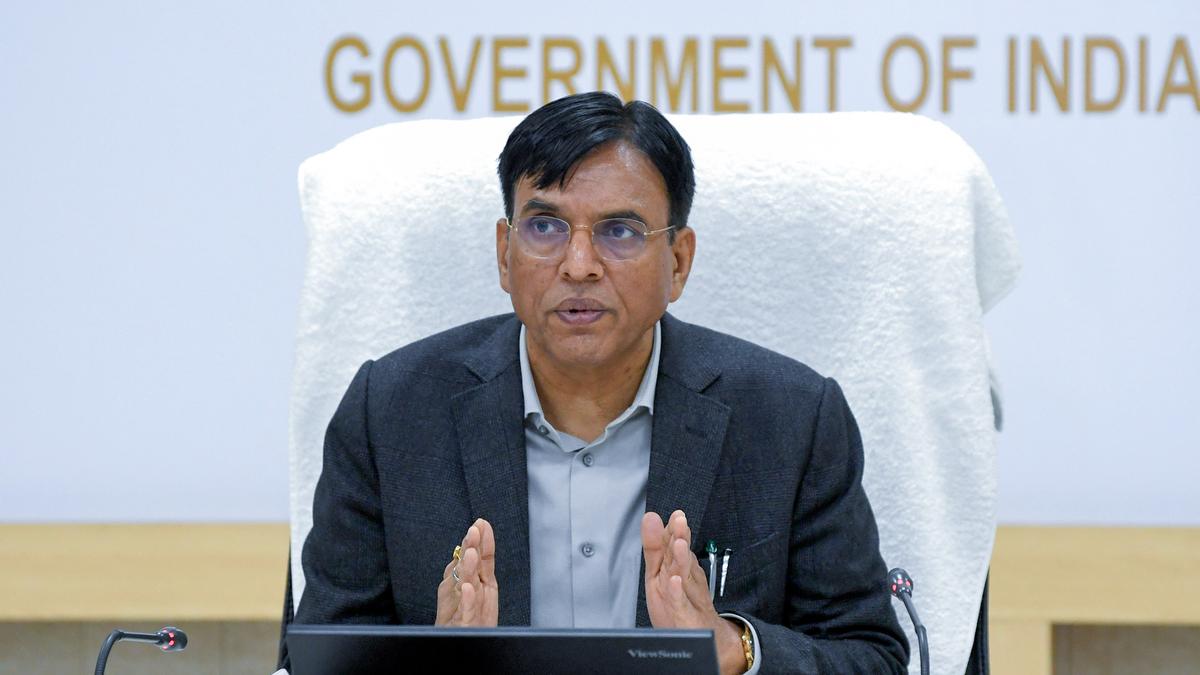Stalemate over Budget session ends after State moves Telangana HC
Tue 31 Jan 2023, 13:10:10
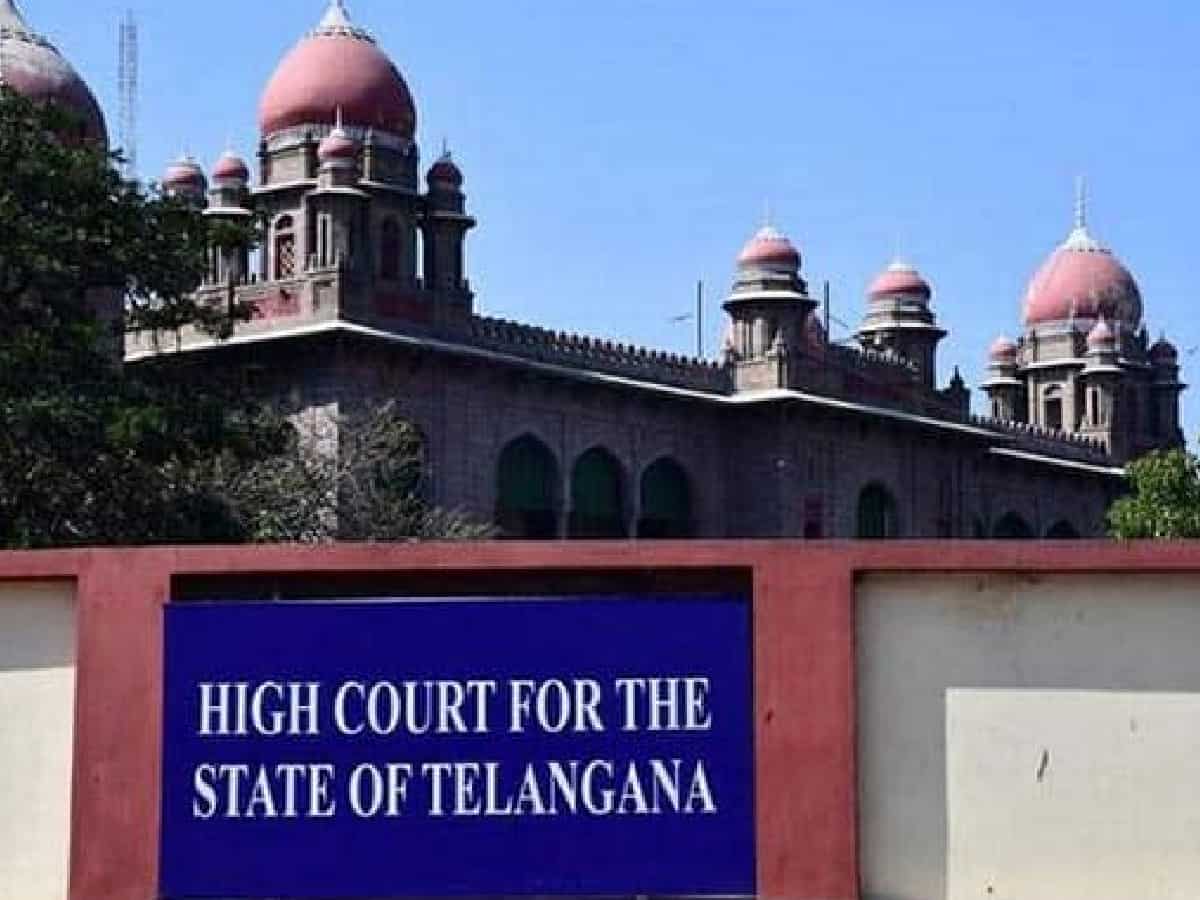
The stalemate over the Governor’s permission for the State Budget session was resolved on Monday with the intervention of the Telangana High Court, thus clearing the uncertainty that hung over the session slated to begin on February 3.
The solution to the situation, which could have led to an unprecedented constitutional crisis, came after the State government moved the High Court, seeking the court’s directions to Governor Tamilisai Soundararajan for giving her approval for introduction of the State Budget for the financial year 2023-2024
The court granted a lunch motion at the request of Advocate General BS Prasad with a bench comprising Chief Justice Ujjal Bhuyan and Justice N Tukaramji hearing Supreme Court advocate and senior counsel Dushyant Dave on behalf of the State government at 1 pm. Dave told the court that the Governor ought to give her assent to the State government’s proposal for introduction of the Budget as per Constitutional provisions.
According to Article 202 of the Constitution, the Governor should see that the annual financial
statement is laid before the Assembly, he said.
statement is laid before the Assembly, he said.
With Chief Justice Ujjal Bhuyan asking why the judiciary was being dragged into the controversy and whether the Governor was amenable to the jurisdiction of the court under the writ of mandamus, Dave, citing the Supreme Court judgement in the Shamsheer Singh case, replied that the court had powers to interfere when the Governor’s acts were contrary to Constitutional provisions. He informed the court that the State was also not happy in approaching the court
With just three days left for the session, the State was actually forced to move the court, he said, seeking directions from the court to the gubernatorial office to facilitate the introduction of the budget.
Dave also made it clear that the State government respected the Constitutional position of the Governor, following which the Chief Justice intervened to say that both sides could work out a solution and that it was inappropriate that a controversy was arising between two Constitutional bodies.
No Comments For This Post, Be first to write a Comment.
Most viewed from Hyderabad
Most viewed from World
AIMIM News
Delhi Assembly polls: Owaisi leads Padyatra in Okhla
Feb 01, 2025
We reject this Waqf Amendment Bill: Asaduddin Owaisi
Jan 30, 2025
Latest Urdu News
Most Viewed
May 26, 2020
Which team will win the ICC Men's Champions Trophy 2025 held in Pakistan/Dubai?
Latest Videos View All
Like Us
Home
About Us
Advertise With Us
All Polls
Epaper Archives
Privacy Policy
Contact Us
Download Etemaad App
© 2025 Etemaad Daily News, All Rights Reserved.

.jpg)
.jpg)
.jpg)
.jpg)
.jpg)
.jpg)
.jpg)

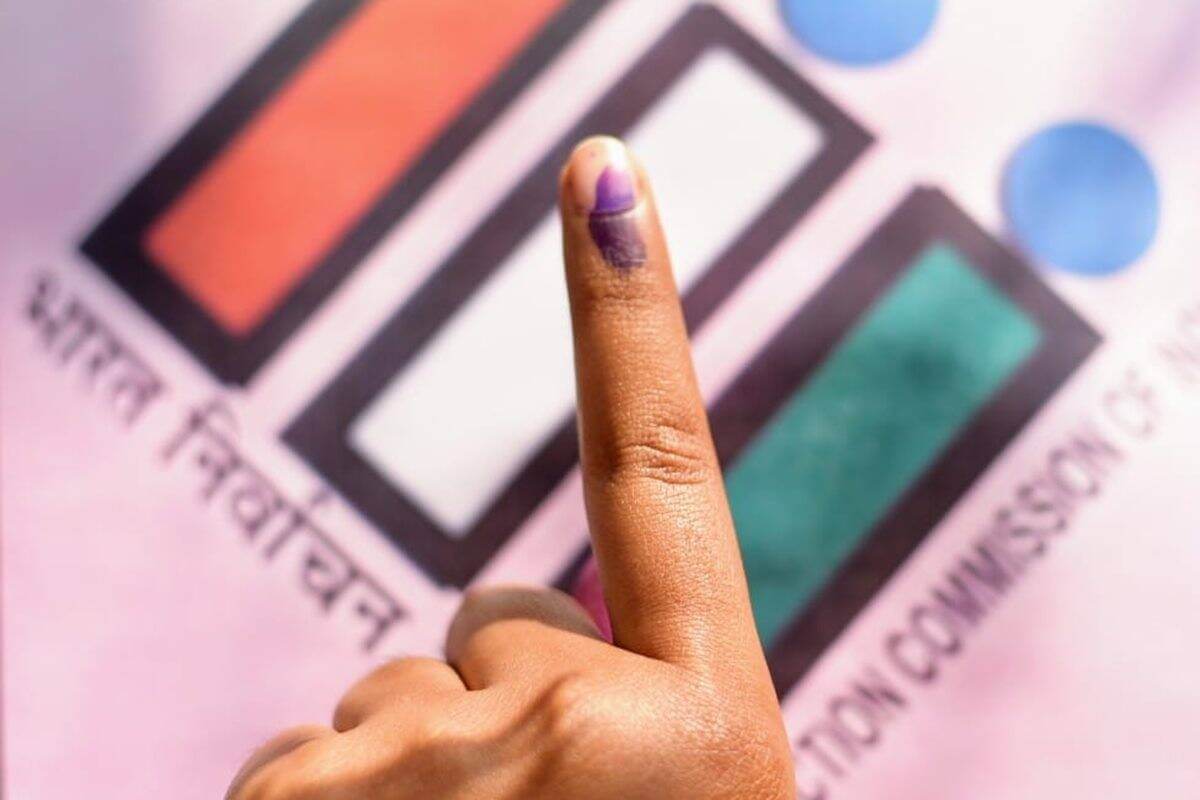
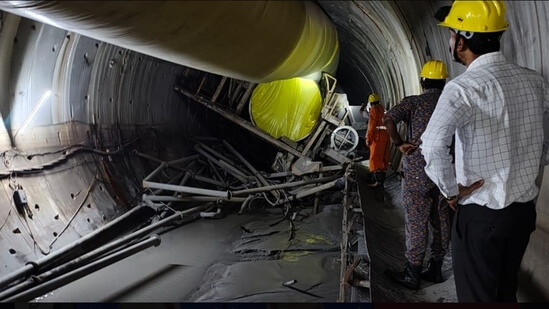
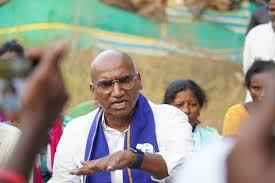
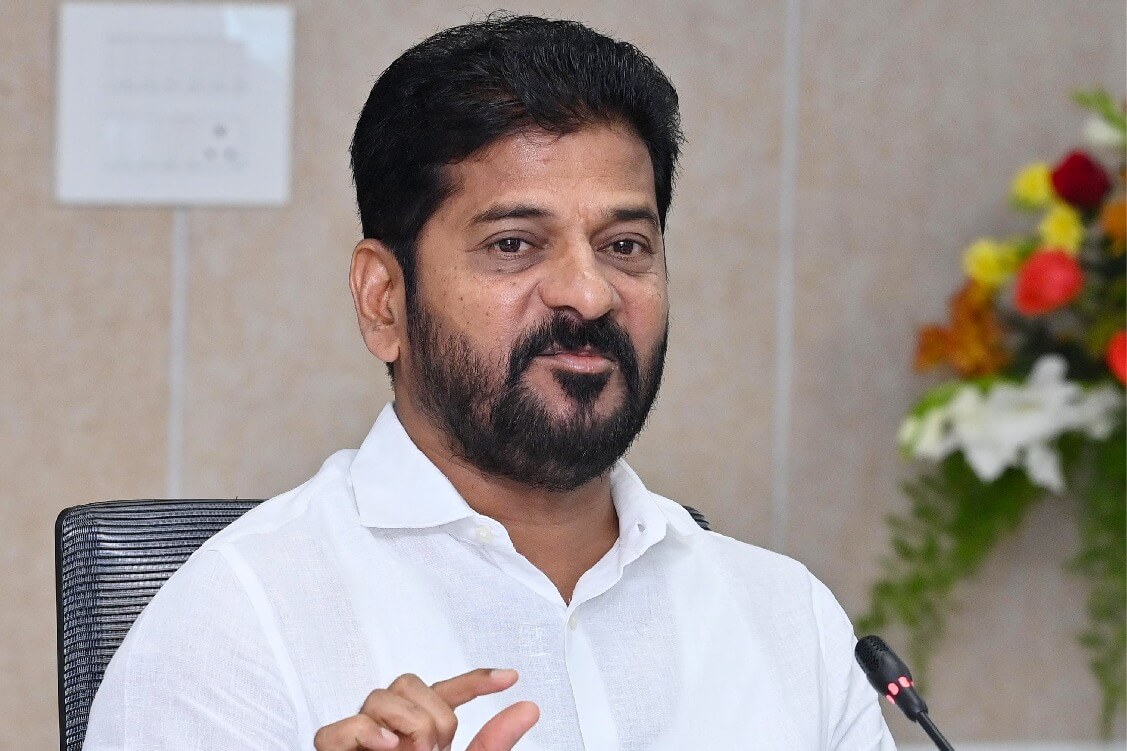
.jpg)
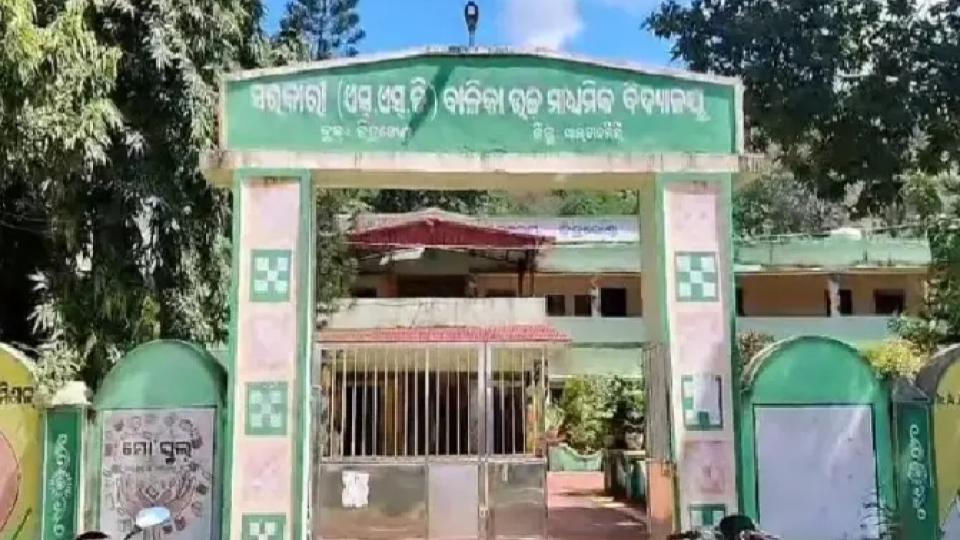
.jpg)
.jpg)
.jpg)
.jpg)
